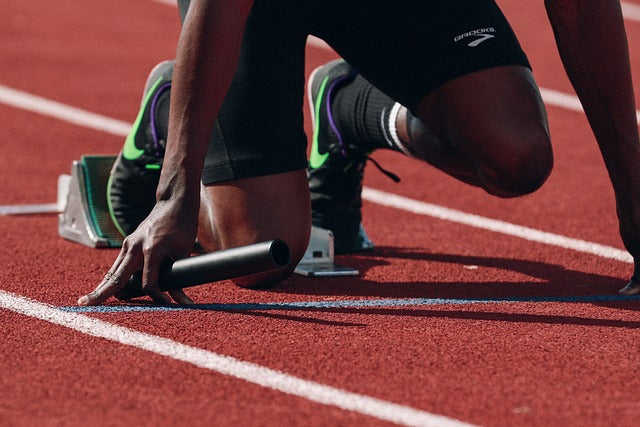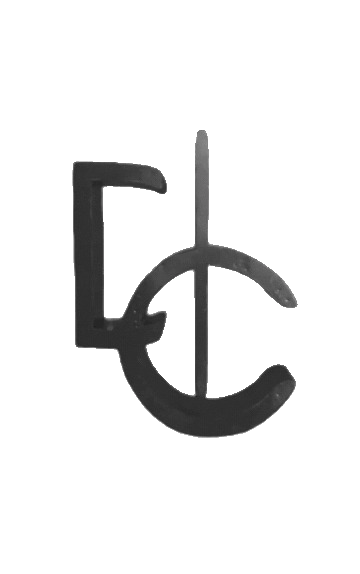
Newsletter, Week 10: Recovery
When you look at athletes and coaches, we always try to find a way that may improve performance. When you look on social media, you see all those big athletes like Lebron James & Cristiano Ronaldo use different types of recovery. If they do it, why shouldn't you do the same ?
During today's newsletter I will answer 4 questions:
- How to recover faster after a game or workout ?
- How important is hydration
- Is there a difference between an off day and an active recovery
- How does sleep help with recovery?
So the first question was how to recover faster after a game or a workout?

Well before talking about that, you need to know this. Recovery post-match or training must address three key principles known as the ‘3R’s of recovery’:
- rehydrate,
- refuel,
- repair.
The first process, rehydration, involves replacement of lost fluid and electrolytes. During a 90-minute football match it is expected that players will lose between 0.5kg and 2.5kg of body weight. Bearing this in mind, adequate hydration is imperative for the recovery process.
An advice I can give you is Flavoured milk. Flavoured milk is a strong candidate for a post-match drink given its ability to replace lost electrolytes, rehydrate and offer protein and amino acids that aid muscle cell reparation.
As well as rehydration, it is important to refuel our bodies after football. That"s the second R. You know how important it is to rehydrate during and after a workout to replace the fluids your body loses, but what about replacing the “energy” it lost?

The best way athletes can quickly replenish muscle glycogen is to consume 1.5 g of carbohydrates per 1 kg of body weight immediately after exercise.
The second question is how important is hydration?

Every athlete should know that hydration is a critical aspect of training, and also important in maintaining a healthy well being, before and after exercise.
Proper hydration is necessary for athletes, as it regulates body temperature and lubricates joints for athletic movements. Water also helps transport nutrients throughout the body, these nutrients give the body the energy it needs to be able to sustain any athletic activities. Staying well hydrated should be a high priority for athletes, throughout the day, and not before it’s too late.
The effects dehydration (loss of body water) can have on performance:
- An increase in heart rate, that causes needless fatigue.
- An increase in body temperature can endanger your health.
- An increase in perception of effort, meaning you’ll feel like you are working harder than you are.
- A decrease in motivation. You’re more likely to want to quit.
Let's go on to the 3rd question. Is there a difference between an off day and an active recovery?

We all have 2 types of teammates. One that just stays at home the day after a game and then we have the other teammate that is in the gym working out the day after the game, but what is better for performance?
When I was still playing soccer, I was the guy staying at home the day after a game. Now, I realize how good an active recovery session feels like for my body & mind. One thing I add to my active recovery days is mobility training.
Most of the time athletes don't have the time to work on mobility during the week because of team practices and strength sessions. Working on mobility of all joints, will reduce the tightness we tend to feel after a hard workout or intense game. It will also help prevent injuries, since your body will be better at moving.
To end this debate, I would say both are good. What you need to do is understand your body, knowing when you can have an active recovery session and know when your body really needs a day off.
And now the 4th and final question. Is sleep important for recovery?

To become a great athlete, just training hard won’t be enough. Elite athletes have mental preparation, nutrition guides, workout routines and most importantly a sleep pattern they need to respect, but how much sleep is enough sleep?
Not getting enough sleep doesn't only make you tired the next day, it has a big impact on what's happening inside your body⠀⠀⠀⠀⠀⠀⠀⠀⠀⠀⠀⠀
One study tracked the Stanford University basketball team for several months. Players added an average of almost 2 hours of sleep a night. The results? Players increased their speed by 5%. Their free throws were 9% more accurate. They had faster reflexes and felt happier.
Another study found that adolescents who had less than 8 hours of sleep compared to their counterparts who slept 8 hours or more were 1.7 times more likely to experience an injury. Just to be sure, let's read that again. So, an athlete who sleeps less than 8 hours is 1.7 times more likely to experience an injury.
